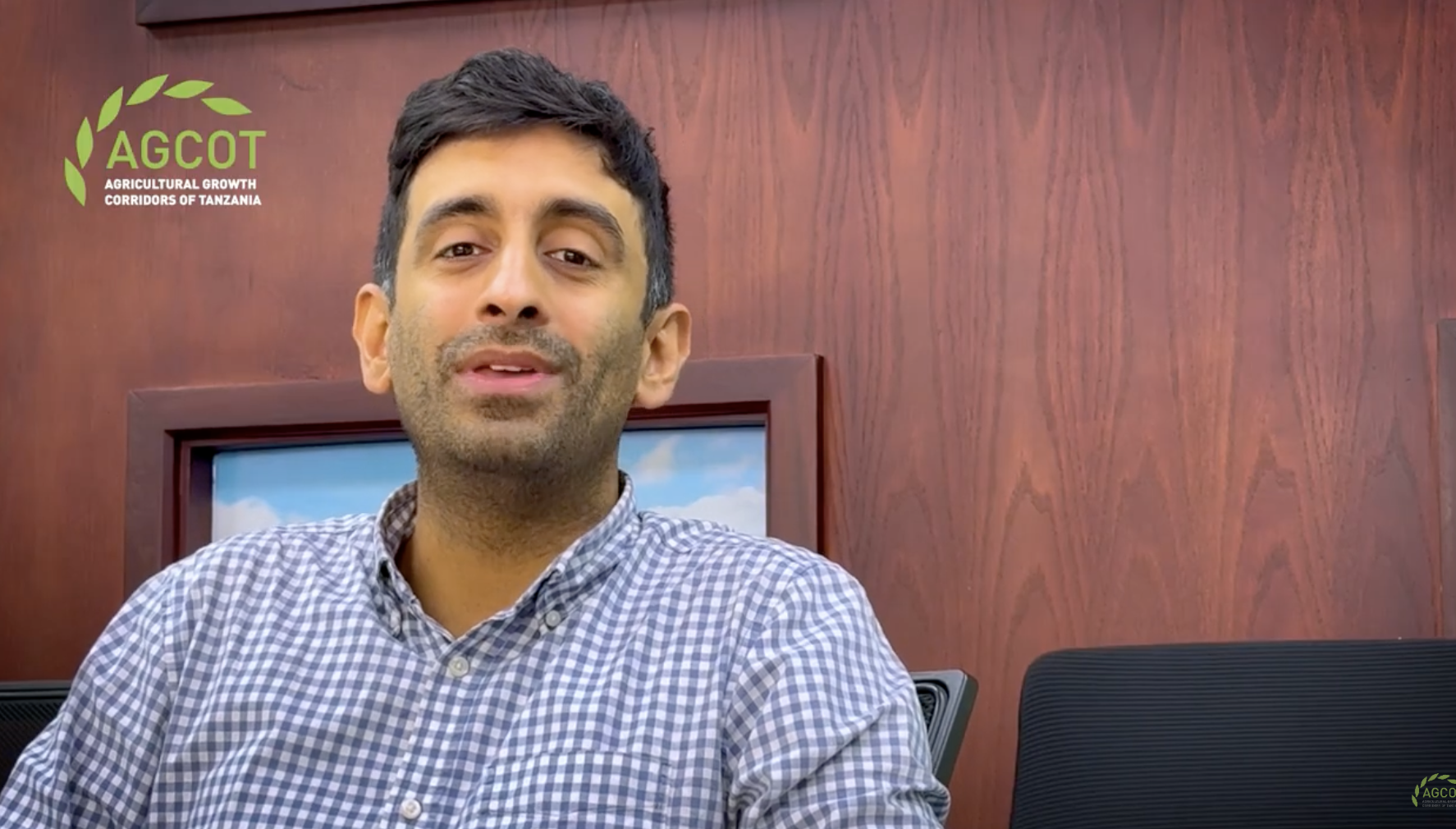From AGCOT Centre-
In the heart of Tanzania’s Kilombero Valley, a quiet revolution is underway in the world of cocoa. While Tanzania may be a modest player in global cocoa production by volume, a company named Kokoa Kamili is steadfastly positioning the nation as a formidable force in quality. At the forefront of this movement is Siman Bindra, one of the founders of Kokoa Kamili, who passionately champions the potential of Tanzanian fine-flavor cocoa.
Operating since 2013 from Mbingu village in Kilombero, Mlimba district, Kokoa Kamili works directly with smallholder cocoa farmers. Their unique approach involves purchasing cocoa and then meticulously fermenting and drying it themselves, a process that ensures the production of some of the highest quality cocoa globally. This premium cocoa is then exported to discerning, high-end chocolate makers across Europe, the US, Japan, and Dubai, who transform it into exquisite chocolate.
“We are incredibly proud to be regarded as a producer of the highest quality cocoa,” states Siman Bindra with a note of well-deserved pride. Their reputation is not unfounded; Kokoa Kamili was honored with the prestigious Cocoa of Excellence award in Paris in 2017, 2019, and 2021, and they are optimistic about securing the award again this year.
Tanzania’s overall cocoa output currently stands at around 14,000 tons, a tiny fraction of the global 5 million tons (in stark contrast to Ivory Coast’s 2 million and Ghana’s 1 million tons). Yet, Bindra sees this not as a limitation, but as a unique opportunity. “What we do have is very good quality, which is largely due to the genetics we have as well as the climate for growing cocoa,” he explains.
Bindra believes Tanzania’s future in cocoa lies unequivocally in capitalizing on this inherent quality. “We can definitely scale up production, increase yields, and plant more trees, but we will never be able to produce the same sort of volumes as Ghana and Ivory Coast, and nor should we,” he asserts. “Our focus should be on capitalizing on the quality that we have, just like we have done with coffee and are starting to do with cashews being regarded as producing some of the best in the world. As a result, we should be rewarded with higher prices.”
A key ambition for Bindra and Kokoa Kamili is to push for Tanzania to gain official recognition from the International Cocoa Organization for having a significant percentage of its cocoa classified as “fine flavor.” This designation, he believes, would unlock higher prices for all Tanzanian cocoa, benefiting not just Kokoa Kamili’s output but the entire nation’s production.
Since their inception, Kokoa Kamili has been deeply embedded in the Morogoro and Kilombero regions. They currently partner with 1,500 organic-certified farmers and several thousand non-organic farmers. Their commitment to growth is evident in the impressive 600,000 cocoa seedlings they have grown and distributed to date. “We are, I believe, the only TOSCI-certified cocoa seedling producer in the country,” Bindra points out.
Innovation is also central to Kokoa Kamili’s strategy. For the past three years, a dedicated team of agronomists has been conducting research to identify the highest-yielding trees in the area. Their goal is to develop a grafting program focused on these superior trees that also possess excellent flavor profiles, ultimately aiming to significantly boost yield and production in Kilombero without compromising quality.
These agronomists also play a vital role in farmer training. Each year, approximately 1,500 farmers receive comprehensive instruction on everything from farm establishment and maintenance to optimal harvesting practices. This ensures not only increased yields but also minimal loss.
Bindra is acutely aware of the pitfalls of prioritizing quantity over quality, a route taken by some other cocoa-producing nations. “Our view is that we can do both,” he states firmly. “Let’s boost yields through better agronomic practices and by identifying the good-producing trees that won’t negatively affect flavor and quality.”
Climate change, however, presents a significant challenge. Cocoa thrives in hot and wet conditions, and shifting rainfall patterns directly impact fruit development and harvest timing. “Even in the 12 years we’ve been here, we’ve seen shifts in rainfall,” Bindra notes, citing late or absent short rains and their detrimental effect on production. While irrigation offers a solution, its prohibitive cost for smallholder farmers remains a barrier. Kokoa Kamili has experimented with solar-powered irrigation, but costs are still too high. Bindra hopes that national irrigation strategies, particularly around borehole development, will expand to include tree crops like cocoa, recognizing the immense potential irrigation holds for mitigating climate risks and boosting yields.
Globally, Kokoa Kamili has successfully cultivated a strong reputation among ultra-premium chocolate makers, cementing Tanzania’s standing as a source of high-quality cocoa, especially from the Kilombero region.
Bindra concludes by expressing heartfelt gratitude to the organizations and individuals who have supported Kokoa Kamili’s journey, including SAGCOT, COPRA, the Ministry of Agriculture, and local district and regional authorities. Most importantly, he extends his thanks to the farmers, the cornerstone of their value chain. “We’re grateful that farmers took the risk of working with a new company when we started and are now seeing the benefits we’ve been able to bring to the sector in Morogoro,” he says, eager to continue growing with them.
Finally, Bindra addresses a crucial misconception among international consumers. “One of the bottlenecks we’ve faced is the misconception that Africa is only a source of bulk, low-quality, low-value cocoa and that good quality only comes from Latin America or the Caribbean,” he states emphatically. “That’s nonsense. We are producing some of the best quality cocoa in the world and have been recognized as such. So, it’s important for consumers to open their minds a bit as well.” Kokoa Kamili, and indeed Tanzania, are proving that excellence knows no geographical bounds.
